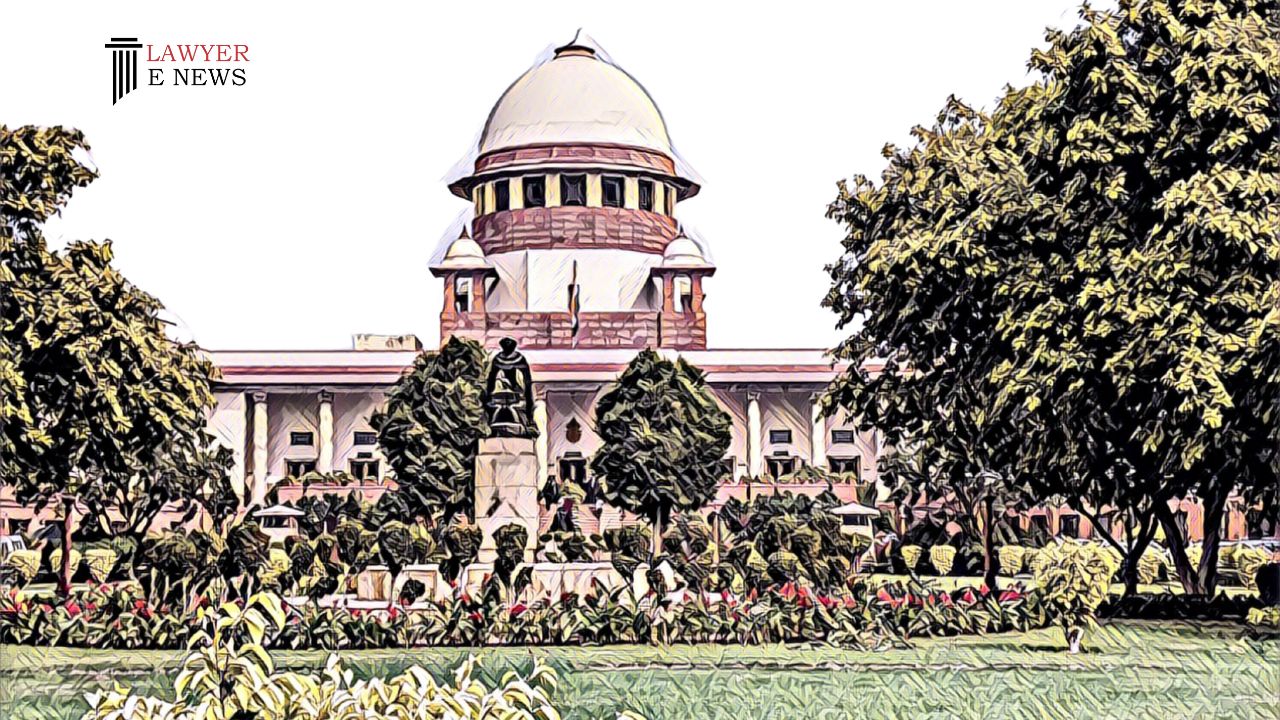-
by Admin
16 February 2026 1:47 PM



The Supreme Court’s decision in the case of Farhana versus State of Uttar Pradesh & Ors. Focused on whether the prosecution under the Uttar Pradesh Gangsters and Anti-Social Activities (Prevention) Act, 1986 (Gangsters Act) should continue against the appellants after their exoneration in the predicate offences.
Facts and Issues: The appellants, Farhana and Sadarul Islam, were accused of being part of a criminal gang and charged under the Gangsters Act based on alleged involvement in certain offences under the Indian Penal Code (IPC). However, the High Court of Allahabad had previously quashed the FIRs related to these IPC offences. The key issue was whether the proceedings under the Gangsters Act could persist in the absence of the foundational predicate offences.
Interpretation of Gangsters Act: The Supreme Court scrutinized Section 2(b)(i) of the Gangsters Act, underscoring that the prosecution must clearly establish involvement in antisocial activities as outlined in the Act.
Impact of Quashing Predicate Offences: The Court observed, “There being no dispute that in the proceedings of the sole FIR registered against the appellants for the offences under Chapter XVII IPC being Crime Case No. 173 of 2019, the appellants stand exonerated with the quashing of the said FIR by the High Court of Judicature at Allahabad.” This finding was pivotal in determining the fate of the prosecution under the Gangsters Act.
Justice Mehta’s Analysis: Justice Mehta noted, “the very foundation for continuing the prosecution of the appellants under the provisions of the Gangsters Act stands struck off and as a consequence, the continued prosecution of the appellants for the said offence is unjustified and tantamounts to abuse of the process of Court.”
Decision: The Supreme Court quashed the impugned orders of the High Court, the FIR against the appellants under the Gangsters Act, and all subsequent proceedings. It was held that the prosecution under the Gangsters Act was unjustified following the exoneration of the appellants in the predicate offences.
Date of Decision: 19 February, 2024
Farhana versus State of Uttar Pradesh & Ors.
